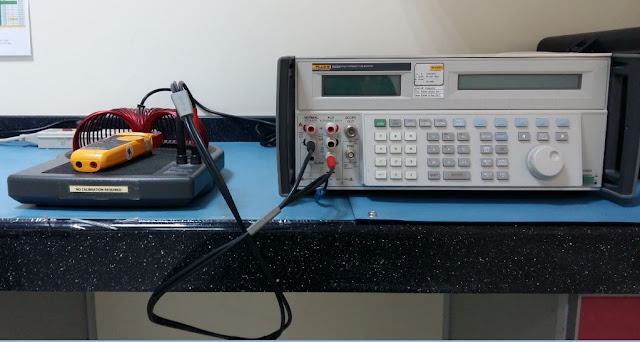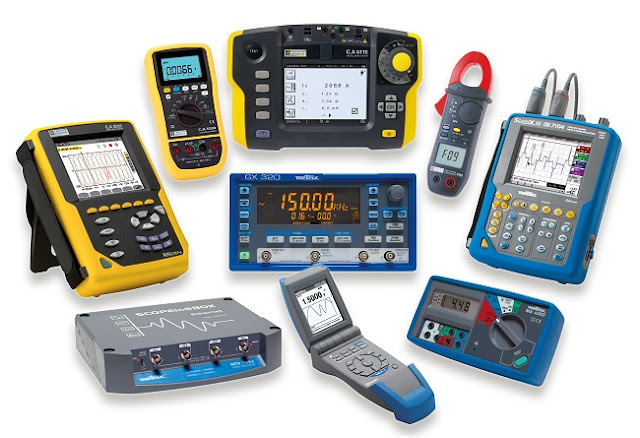The Art of Accuracy: Understanding Thermometer Calibration
Accurate temperature measurement is essential in various fields such as healthcare, food industry, laboratories, and manufacturing. Thermometers play a crucial role in ensuring the safety and quality of products, processes, and research outcomes. The art of accuracy lies in understanding the significance of precise temperature readings, which necessitates proper calibration of thermometers to maintain their reliability and effectiveness. What is Thermometer Calibration? Thermometer calibration is the process of adjusting and verifying the accuracy of temperature readings displayed by a thermometer. Over time, thermometers may drift from their original calibration due to factors like wear and tear, exposure to extreme conditions, or mechanical shocks. Calibration involves comparing the thermometer’s readings to a standard reference, making necessary adjustments to ensure accurate measurements, and certifying its reliability for continued use. Methods of Thermometer Calibration ...


